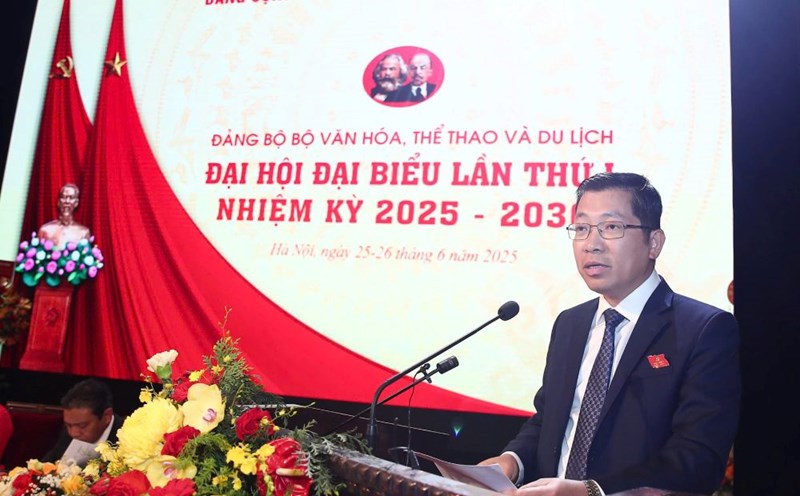Youme Law Firm LLC said that Resolution 27-NQ/TW in 2018 has specific regulations on salary reform for 9 categories of civil servants and public employees (CBCCVC) and armed forces (LLVT) in the entire new salary system.
The 9 subjects in the entire new payroll system include:
- Cadres, civil servants, and public employees holding leadership positions;
- Civil servants and public employees not holding leadership positions;
- Police officer;
- Police professional non-commissioned officer;
- Police technical expertise;
- Military officer;
- Professional soldier;
- Defense workers;
- Police officer.
(Based on Section 3.1, Sub-section 3, Section 2, Resolution 27-NQ/TW of 2018).
* On the issue of salary increase:
Pursuant to Section 2 of Resolution 27-NQ/TW in 2018, the content of the unified salary increase for civil servants, public employees and armed forces is as follows:
Guiding views, goals and reform contents
1. Guiding view
YOUTH: ....
1.2. Reforming wage policy must ensure comprehensiveness, systematization, synchronization, inheriting and promoting advantages, effectively overcoming limitations and shortcomings of current wage policy; complying with the principle of distribution according to labor and objective laws of the market economy, taking increased labor productivity as the basis for wage increase; meeting the requirements of international integration; having a roadmap suitable to the socio-economic development conditions and resources of the country.
1.3. In the public sector, the State pays salaries to cadres, civil servants, public employees and armed forces according to job positions, titles and leadership positions, in accordance with State resources and public service revenue sources, ensuring a reasonable correlation with salaries in the labor market; implementing appropriate remuneration and reward regimes according to labor productivity, creating motivation to improve work quality and efficiency, public service ethics, professional ethics, contributing to cleaning up and improving the effectiveness and efficiency of the political system.
YOUTH: ....
According to the above regulations, salary policy reform must ensure:
- Comprehensive, systematic, synchronous, inheriting and promoting advantages, effectively overcoming limitations and shortcomings of current wage policy;
- Comply with the principle of distribution according to labor and the objective laws of the market economy, taking increased labor productivity as the basis for increasing wages;
- Meet international integration requirements;
- Have a roadmap suitable to the socio-economic development conditions and resources of the country.
Thus, Resolution 27 on salary reform has agreed to increase salaries for 9 subjects in the entire new salary system on the basis of increasing labor productivity.








